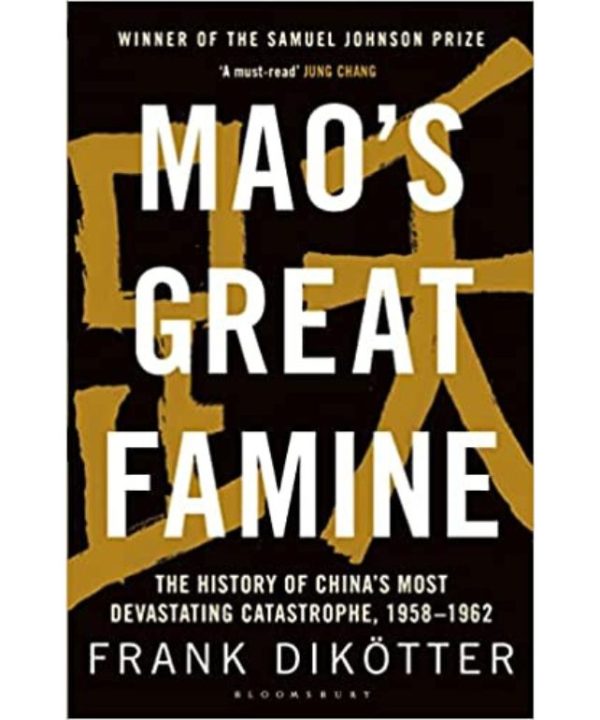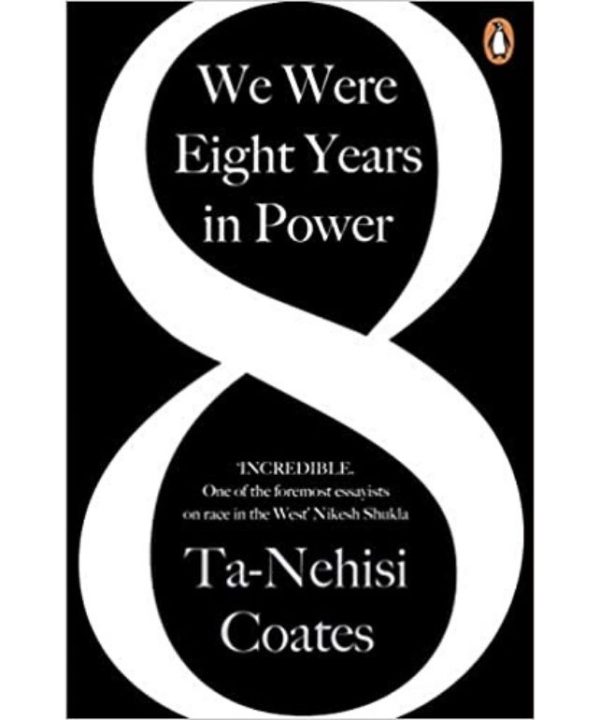-
×
 Made For More
1 × ₦3,000.00
Made For More
1 × ₦3,000.00 -
×
 The Passage of Power: The Years of Lyndon Johnson (Volume 4)
1 × ₦13,000.00
The Passage of Power: The Years of Lyndon Johnson (Volume 4)
1 × ₦13,000.00 -
×
 Your Problem is That You're Multi-talented
2 × ₦5,000.00
Your Problem is That You're Multi-talented
2 × ₦5,000.00 -
×
 How Civil Wars Start: And How to Stop Them
1 × ₦17,000.00
How Civil Wars Start: And How to Stop Them
1 × ₦17,000.00 -
×
 Brave Enough To Ask
1 × ₦6,500.00
Brave Enough To Ask
1 × ₦6,500.00 -
×
 Millionaire Success Habits
1 × ₦20,000.00
Millionaire Success Habits
1 × ₦20,000.00 -
×
 The Laws of Human Nature
1 × ₦27,500.00
The Laws of Human Nature
1 × ₦27,500.00 -
×
 Nudge: Improving Decisions About Health, Wealth, and Happiness
1 × ₦16,500.00
Nudge: Improving Decisions About Health, Wealth, and Happiness
1 × ₦16,500.00 -
×
 Getting Mentorship Right
2 × ₦5,000.00
Getting Mentorship Right
2 × ₦5,000.00 -
×
 The Magic Wand Brand Strategy
1 × ₦4,000.00
The Magic Wand Brand Strategy
1 × ₦4,000.00 -
×
 Purple Hibiscus
1 × ₦5,000.00
Purple Hibiscus
1 × ₦5,000.00 -
×
 All God's Children Need Travelling Shoes
1 × ₦13,500.00
All God's Children Need Travelling Shoes
1 × ₦13,500.00 -
×
 Making Africa Work: A Handbook
1 × ₦7,500.00
Making Africa Work: A Handbook
1 × ₦7,500.00 -
×
 Mao's Great Famine: The History of China's Most Devastating Catastrophe
1 × ₦23,000.00
Mao's Great Famine: The History of China's Most Devastating Catastrophe
1 × ₦23,000.00 -
×
 We Were Eight Years in Power
1 × ₦5,000.00
We Were Eight Years in Power
1 × ₦5,000.00
You may be interested in…
-
Add
 Purpose in Crisis
Rated 5 out of 5₦5,000.00
Purpose in Crisis
Rated 5 out of 5₦5,000.00









Reviews
There are no reviews yet.